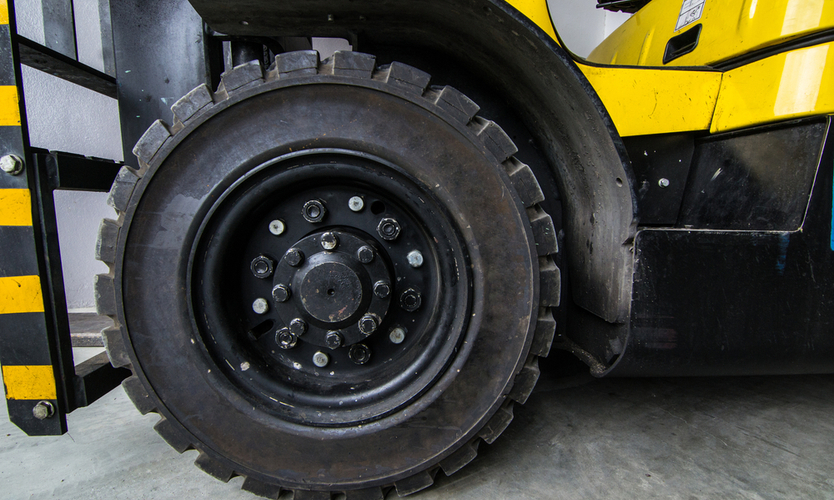Subcontractors employee death not fault of contractor: Court
- July 19, 2024
- Posted by: Web workers
- Category: Workers Comp

The family of a man who was crushed to death while changing the tire on a forklift can’t sue the company that owned the vehicle because there is no proof the company contributed to the accident, an appeals court in California ruled Wednesday.
The family of Ruben Dickerson, who was working for 24-Hour Tie Service Inc. when he was dispatched to replace a tire on a forklift for contractor Ahern Rentals Inc., collected workers compensation death benefits from 24-Hour Tire and sued Ahern Rentals, alleging it “affirmatively contributed to the collapse of a forklift” that resulted in his death in 2015, according to documents in Sherry Horne et al. v. Ahern Rentals, Inc., filed in the Court of Appeals of California, Second District, Division Eight, in Los Angeles.
Their case “rested on allegations that defendant negligently failed to provide a stable and level surface for the tire change,” and “allowed the tire change to proceed with the forklift’s boom raised, which caused the forklift to sway and collapse, and failed to properly train its employees and independent contractors to whom defendant assigned the maintenance and storage of the forklift,” according to documents.
Ahern Rentals denied the allegations, citing California case law that determined “when an employee of an independent contractor is injured while performing inherently dangerous work, and is subject to workers’ compensation coverage, the employee cannot sue the person who hired the contractor to recover damages for the same injuries that were compensable under workers’ compensation,” among other defenses, documents state.
A trial court granted Ahern Rentals summary judgment on the lack of evidence that the company affirmatively contributed to Mr. Dickerson’s injury and death. In its ruling affirming this finding, the appeals court wrote that a “hirer like defendant may be liable for injury to an employee of a contractor only if the hirer actively directs the contractor or contractor’s employee to do the work in a particular way or fails to undertake a particular safety measure the hirer promised to do. There is no such evidence in this case.”
The appeals court also wrote that “passively permitting an unsafe condition does not amount to actively contributing to how the job is done.”



